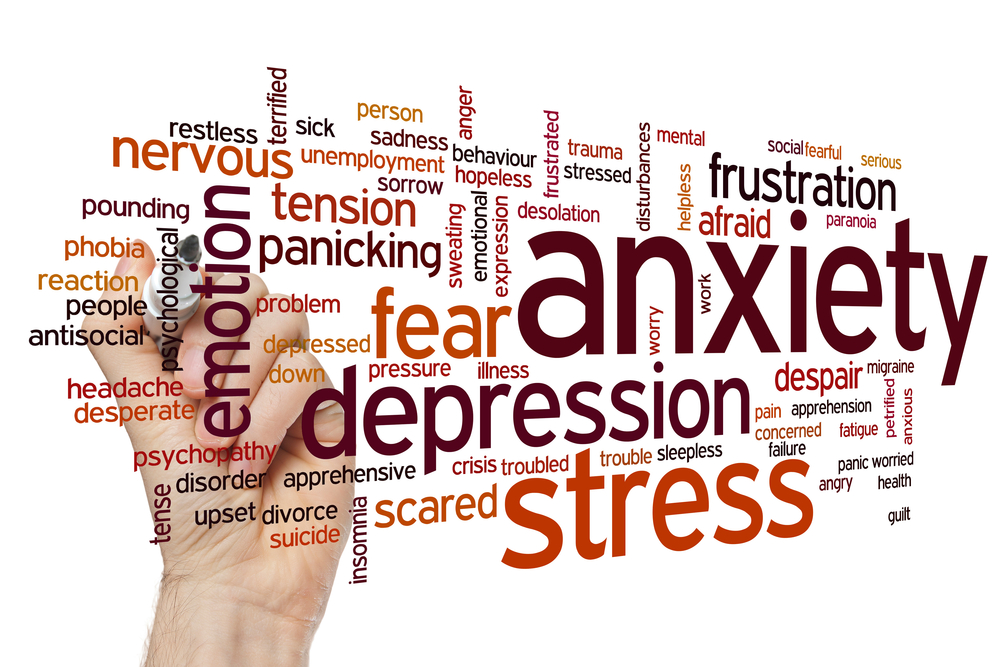Are You Aware Of These Types Of Mental Disorders?

With about 56 million Indians suffering from depression and 38 million from anxiety disorders, India is undergoing a severe mental health crisis, says a WHO report. These are mental disorders and are characterised by problems associated with one’s mind and mood. They can affect your social, professional, and personal activities and behaviour.
Though mental disorders are quite common, most of us are either unaware of them or don’t realise how dangerous they can be if left untreated. It has been observed that people with some degree of mental illness do not bother to get treatment or are not given the treatment they require due to social constraints. An estimated 26% are actually afraid of being mentally ill. This makes it essential to recognise any unusual behaviour in your loved ones and give them the right treatment so that they can lead a healthy life.
Mental disorders are classified into more than 200 types, but here are some of the most commonly found mental disorders you must know about:
One of the most widespread mental disorders that is often considered just a symptom is anxiety disorder. It is a disorder in which you may respond with fear or horror in certain situations. Symptoms include panic, rapid heartbeat, excessive sweating, and restlessness. Additionally, being unable to control your response could disturb your normal activities. Panic disorder, phobia etc. are some of the types of panic disorders.
The inability to focus on one task and being hyperactive or impulsive corresponds to Attention Deficit Hyperactivity Disorder (ADHD). It may occur in children as well as adults.
Mood disorder is characterised by extreme fluctuations in mood, ranging from extreme happiness to sudden intense sadness. You may be very happy at one moment but can suddenly become sad the next. Commonly seen mood disorders include depression, bipolar disorder, etc.
Eating disorder is a type of mental disorder where you resort to eating or not eating as a coping mechanism. This means you either eat a lot or eat nothing at all during emotional periods of your life. Anorexia or low appetite and binge-eating disorders are the most common.
Psychotic disorders correspond to disturbed awareness as well as thinking by a person that can cause hallucinations or delusions. An apt example of the psychotic disorder is schizophrenia.
Impulse control disorder results in a person not being able to control the urge or impulse to perform activities that can either harm them or others, such as compulsive gambling, kleptomania (stealing), etc.
Obsessive-compulsive disorder (OCD) can continuously keep you surrounded by some thoughts or fears (obsessions) that force you to perform certain activities or rituals again and again (compulsions). One of the most common examples is frequent hand-washing due to fear of germs.
Post-traumatic stress disorder (PTSD) usually occurs after a traumatic event that can be physical or emotional, e.g. physical or sexual assault, natural disaster, sudden loss of a loved one, etc. These events leave a long-lasting effect on the mind and make the sufferer emotionally numb afterwards.
Childbirth is exhausting and can sometimes bring about an unexpected depression. Though this phase of life brings joy, if there are more episodes of sadness, then it can be due to postpartum depression. It mainly affects mothers, but fathers aren’t immune to it either, during or after childbirth.
Untreated depression kills over 7 lakh people across the world every year. So, take care of yourself and your loved ones, and keep a lookout for signs of mental illnesses. Remember, these can be managed if diagnosed in time. Make health check-ups a part of your life so that you can live healthy and carefree.














